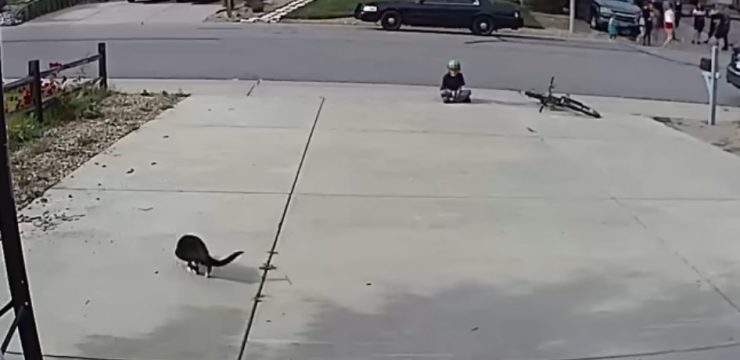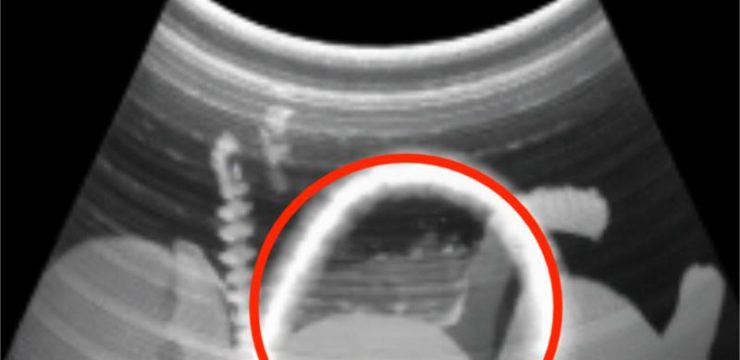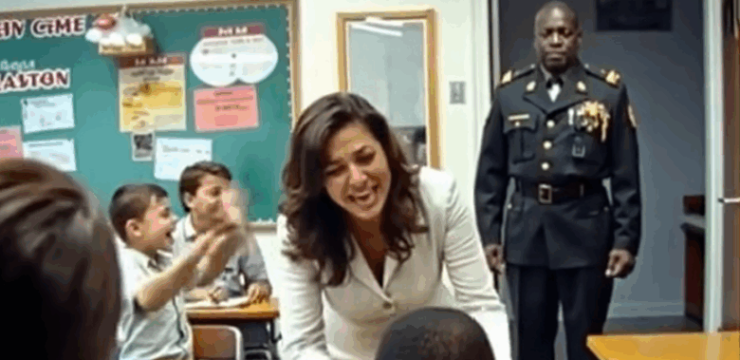At fourteen, Sarah Dawson stood on the porch of her family’s farmhouse in Maple Ridge, Tennessee, holding a small suitcase and fighting back tears. The autumn air was cool and heavy with the scent of rain, carrying the sound of her mother’s final words.
“You’ve disgraced this family, Sarah. Don’t come back.”
Her mother’s voice cut like a knife, but Sarah didn’t argue. She simply wrapped her arms protectively around her stomach — over the tiny life growing inside her — and took a trembling step off the porch. That single moment changed everything. She walked away from her home, her family, and the only life she had ever known.

That night, Sarah wandered for miles beneath flickering streetlights. Her shoes were soaked through, her body numb, her heart shattered. At a small gas station, she sat near the vending machines, clutching her coat tightly as cold rain dripped from her hair.
That’s when Mary appeared — a kind woman with gentle eyes who worked as a nurse at the local clinic. Seeing the terrified girl alone, Mary didn’t hesitate. She offered Sarah a ride, a warm meal, and, eventually, a place to stay.
Mary’s small apartment sat above a laundromat, humble but safe. She gave Sarah what she needed most — kindness without judgment and the chance to start over. Under Mary’s care, Sarah slowly found her footing. She took on part-time work, attended night school, and began to build a future, one step at a time.
When her daughter, Grace, was born that spring, Sarah was still a child herself — frightened but fiercely determined. Holding her newborn close, she whispered, “You’ll always know you’re loved.” It was a promise she vowed never to break.
The years that followed were filled with long days, sleepless nights, and relentless effort. Sarah worked multiple jobs while studying for her GED, eventually earning it at nineteen. By twenty-three, she became a nurse — following in Mary’s footsteps. Through every challenge, her focus never wavered: to give Grace the stable, loving home she never had.
By twenty-eight, Sarah had built a modest but steady life in Nashville. She and Grace shared a small apartment decorated with laughter, hard work, and hope. Yet, some nights, after tucking Grace into bed, Sarah would sit quietly, wondering if her mother ever thought of her — or of the granddaughter she’d never met.
Then, one evening, the phone rang.
“Sarah,” came a familiar voice. It was her older brother, Ben. “You need to come home. Mom’s sick.”
The words hit like a blow. For years, Sarah had buried the pain of her past. Now, the house that once cast her out was calling her back — not for reconciliation, but because time was running out.
“I don’t know if I can face her,” Sarah whispered. But deep down, she knew she would.
Driving through Maple Ridge after so many years felt like stepping into a memory frozen in time. The same barns, the same winding roads, the same scent of pine in the air. But Sarah wasn’t the frightened girl who had left that night.
When the old Dawson farmhouse appeared on the horizon, her hands trembled on the steering wheel.
Grace, now fourteen — the same age Sarah had been when she left — looked out the window. “So this is where you grew up?”
Sarah nodded softly. “Yeah. It used to mean everything to me.”
Ben greeted her outside, his face older, lined with worry. “You came,” he said quietly.
“You didn’t give me much of a choice,” she replied with a faint, bittersweet smile.
Inside, the air smelled faintly of lilacs and old wood. On the couch sat their mother, Helen, frail and wrapped in a blanket. For a moment, Sarah barely recognized her.
“Hi, Mom,” she said gently.
Helen looked up, her eyes widening. “Sarah?”
“It’s me.”
Her mother’s lips quivered. “You shouldn’t have come.”
“Ben said you were sick,” Sarah replied softly.
“I don’t need your pity,” Helen murmured, her voice trembling.
Grace lingered in the doorway, unsure. Sarah placed a comforting hand on her daughter’s shoulder. “Mom,” she said, her voice tender but steady, “this is Grace. Your granddaughter.”
Helen’s expression softened for the first time. “She’s… beautiful,” she whispered. “Just like you once were.”
That night, dinner was quiet — filled with long silences and unspoken pain. After Grace went to bed, Helen finally spoke again. “I prayed for forgiveness every day,” she said, “but I couldn’t forgive you for what you did.”
Sarah’s voice broke. “I was fourteen, Mom. I was scared. You turned your back on me when I needed you most.”
Helen’s eyes filled with tears. “Your father died believing you hated him.”
“I didn’t hate him,” Sarah whispered. “I hated how you made me feel — like I didn’t deserve love.”
Helen turned away, her voice barely audible. “Maybe I did fail you.”
That night, Sarah couldn’t sleep. Listening to her mother’s fragile breathing down the hall, she felt something she hadn’t expected — not anger, but sorrow.
The next morning, Helen asked to see her alone. In the sunroom, sunlight poured through the windows as Helen spoke quietly. “The doctors say it’s heart failure. I didn’t want you to see me like this.”
Tears welled in Sarah’s eyes. “You could’ve called me years ago.”
“I told myself I was protecting the family’s name,” Helen said softly. “But all I did was lose my daughter. Can you ever forgive me?”
Sarah reached across the table and held her mother’s trembling hand. “I already have,” she said gently. “I just needed you to ask.”
For the first time in years, Helen smiled — tired, but genuine. “Your daughter,” she whispered, “she’s my second chance.”
In the weeks that followed, Sarah stayed in Maple Ridge. Together, they cooked, laughed, and revisited old photo albums. Grace sat beside her grandmother, listening wide-eyed to stories of a childhood her mother had never shared. The old wounds began to heal, replaced by something softer — understanding.
That winter, Helen passed away peacefully in her sleep.
At the funeral, snow drifted gently over the quiet cemetery. Ben placed a hand on Sarah’s shoulder. “She was proud of you, you know,” he said softly. “She just couldn’t say it.”
Sarah nodded through her tears. “I think she knew.”
As she and Grace walked away, her daughter asked, “Are we going home now?”
Sarah smiled faintly and squeezed her hand. “We already are.”
The house that had once symbolized shame had become a place of peace — proof that forgiveness doesn’t erase the past, but it can finally make it rest.





